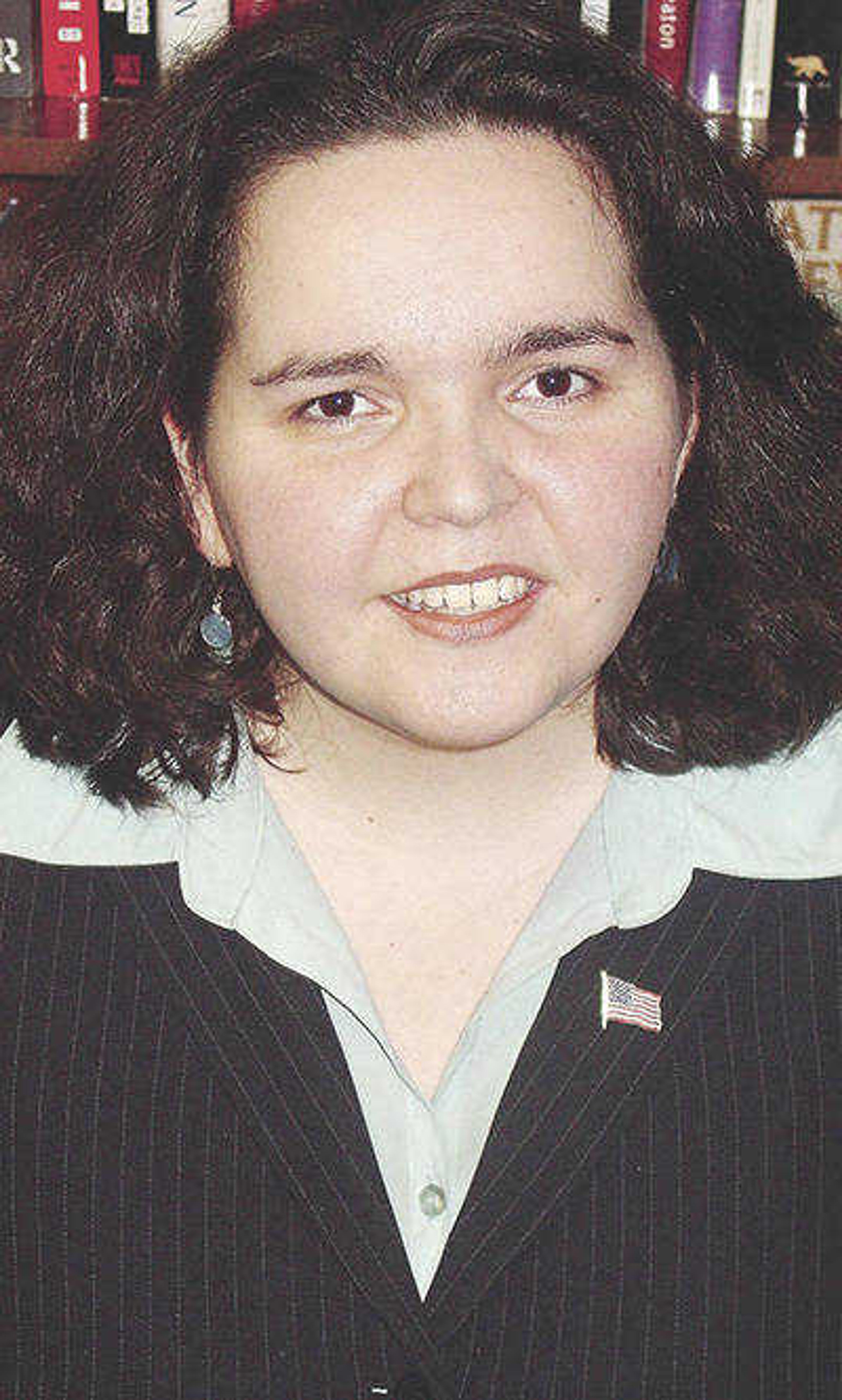Reminder of what counts
On a visit to Hungary, Pope Francis recently made headlines for talking about peace efforts between Ukraine and Russia. But some of his messages were about a war in the West, a war occurring in human hearts. In a meeting with young people, he said quite bluntly: "Nowadays there is a great temptation to be satisfied with a cellphone and a few friends. ... You cannot shut yourselves away in small groups of friends, talking only on your cellphone."...
On a visit to Hungary, Pope Francis recently made headlines for talking about peace efforts between Ukraine and Russia. But some of his messages were about a war in the West, a war occurring in human hearts.
In a meeting with young people, he said quite bluntly: "Nowadays there is a great temptation to be satisfied with a cellphone and a few friends. ... You cannot shut yourselves away in small groups of friends, talking only on your cellphone."
He talked about our current culture, which tells us we "have to be fast, efficient and practically perfect, like machines -- even though ... we are not machines! Then, we often find that we run out of gas and are at a loss for what to do. We have to learn how to stop and fill our tanks, to recharge our batteries."
Here in the United States, the epidemic of loneliness and suicide is so great that the surgeon general is recommending religious faith as a possible solution.
Speaking to academics during his Hungary trip, the pope warned about this issue, discussing the "erosion of communal bonds, with the result that alienation and anxiety are no longer merely existential crises, but societal problems."
He asked a pertinent question: "How many isolated individuals, albeit immersed in social media, are becoming less and less social themselves, and often resort, as if in a vicious circle, to the consolations of technology to fill their interior emptiness? Living at a frenzied pace, prey to a ruthless capitalism, they become painfully conscious of their vulnerability in a society where outward speed goes hand-in-hand with inward fragility. This is a grave problem today."
To the academics, he talked about the importance of awe. To the young people, he talked about dreaming and aiming higher. To the civil authorities, he challenged working toward a society "centered on the human person" and praised Hungary for encouraging people to have babies and setting a public policy aimed at helping families flourish. But that policy is unusual in the West.
The pontiff also talked about the importance of humility. "The mystery of life, after all, is disclosed to those who are concerned with the little things," he said. Culture can preserve and defend our humanity, he continued. "It immerses us in contemplation and shapes persons who are not prey to the fashions of the moment, but solidly grounded in the reality of things."
Reality is not reflected in the hyperpartisan ideological silos of social media. Not a few of our problems today could be solved by a return to the community around us, a prioritization of the family and a remembrance that life is a precious gift, not to be squandered or rejected.
Pope Francis will be in Portugal this summer for World Youth Day, including at the Marian shrine in Fatima. The message there will focus on prayer and turning away from sin. He will likely sound these notes as part of his continued reality check for a Western people often living in a state of spiritual numbness, or even darkness. As the pope reminds us, we have a duty to reach out a hand and shine a light.
The more interesting parts of the pope's talks aren't usually headlines, but they can change lives.
klopez@nationalreview.com
Connect with the Southeast Missourian Newsroom:
For corrections to this story or other insights for the editor, click here. To submit a letter to the editor, click here. To learn about the Southeast Missourian’s AI Policy, click here.










